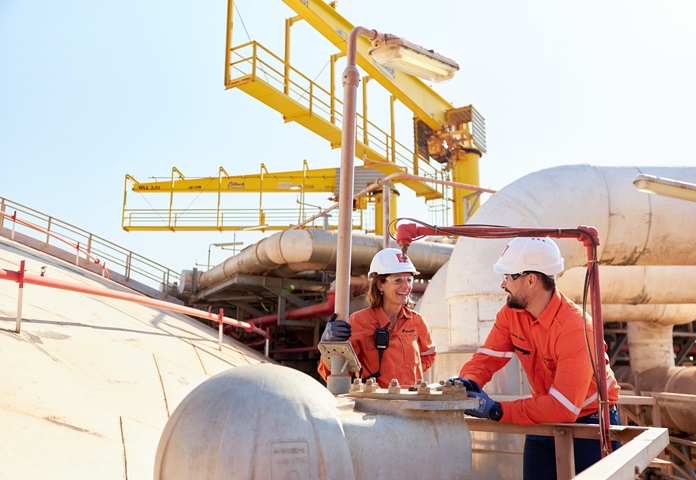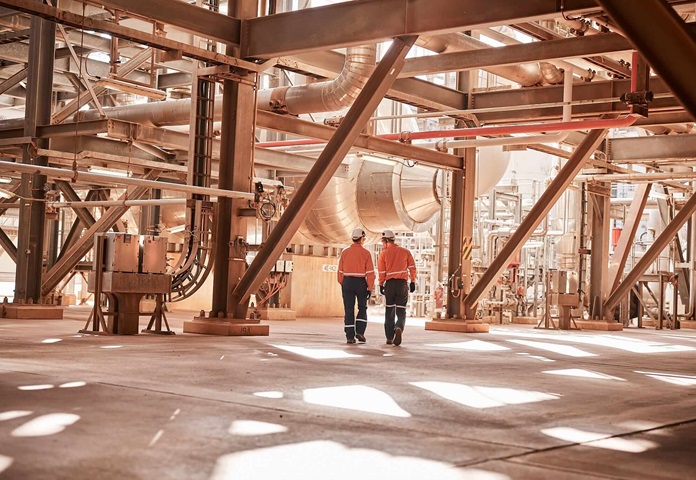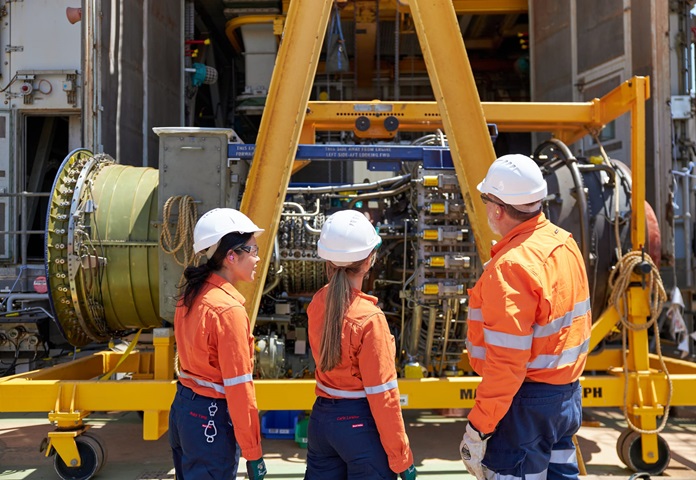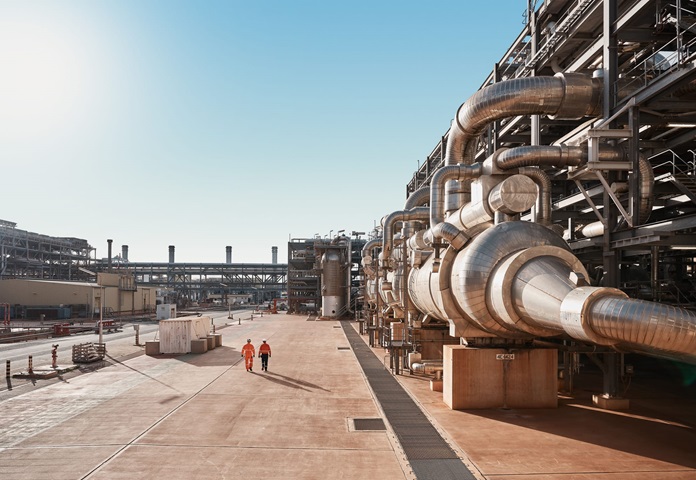In 2022, Woodside commissioned a Social Impact Assessment (SIA) for its Karratha operations in Western Australia. The SIA contemplated both growth and decline scenarios and assessed the potential impacts and opportunities associated with both. The SIA engaged local stakeholders through interviews, focus groups and workshops with the decline scenario revealing potential a range of social impacts to the community. Comments raised related to social investment, employment, procurement and community services.
In 2024 Woodside informed the government, community and our workforce of our decision to retire one LNG train at the Karratha Gas Plant (KGP) to manage infrastructure in line with a natural decline in the North West Shelf’s (NWS) gas reserves. We continue to seek additional third-party gas supplies to fill emerging processing capacity at the KGP.
A further complexity is that, while NWS gas reserves are in decline, we are progressing growth at the adjacent Pluto LNG facility through the Scarborough gas field. We are also looking to develop alternate energy supplies and carbon management projects in the Karratha community.
During this time, we are communicating openly and transparently with our workforce, the community, suppliers and governments about a range of scenarios for the future of the NWS and the KGP, to make this a shared journey of transition.
To achieve this, we are applying a place-based approach to ensure we understand impacts on our people, their families and the broader community. This includes building on our understanding of our social and economic impacts through formalised assessment and management planning processes. Therefore, we are building on the 2022 SIA with a socio-economic impact assessment to better understand community and contractor dependencies and refresh our social investment strategy, with outcomes expected in 2025.








